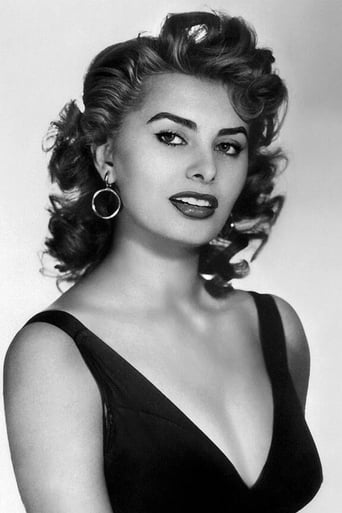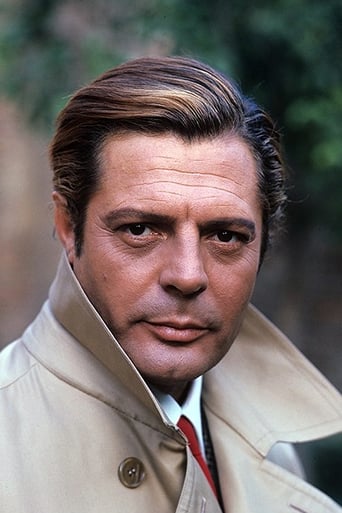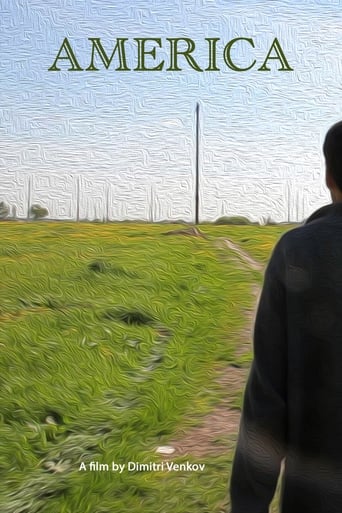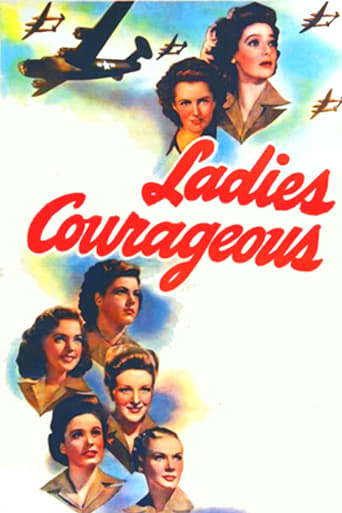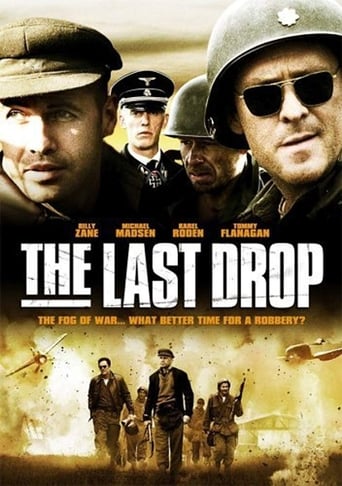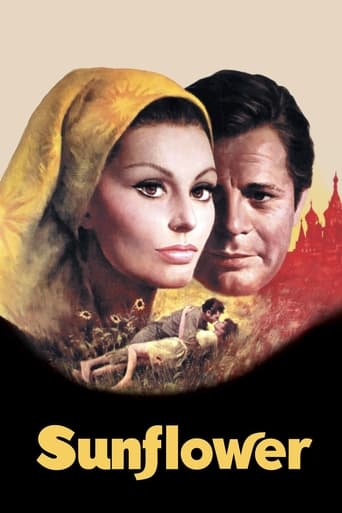
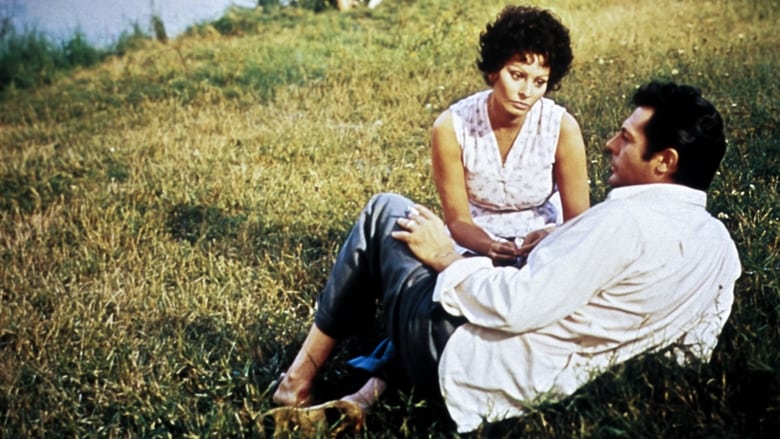
Sunflower (1970)
At the end of World War II, Giovanna, a war bride living near Milan refuses to accept that her husband, Antonio, missing on the Russian front, is dead. There's a flashback to their brief courtship near her hometown of Naples, his 12-day leave to marry her, ruses to keep from deployment, and the ultimate farewell. Some years after the war, still with no word from Antonio, Giovanna goes to Russia to find him, starting in the town near the winter battle when he disappeared. Armed with his photograph, what will she find?
Watch Trailer
Cast
Similar titles

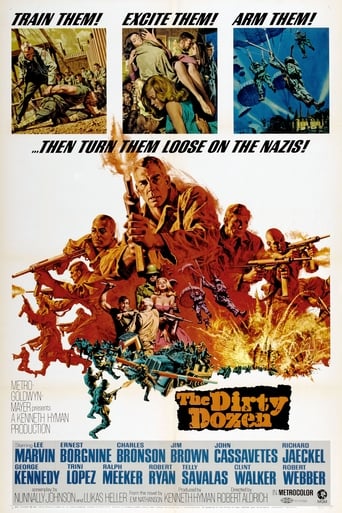
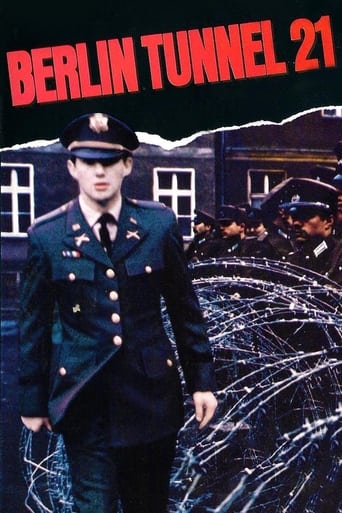
Reviews
It's no definitive masterpiece but it's damn close.
The story, direction, characters, and writing/dialogue is akin to taking a tranquilizer shot to the neck, but everything else was so well done.
The movie's not perfect, but it sticks the landing of its message. It was engaging - thrilling at times - and I personally thought it was a great time.
This is a dark and sometimes deeply uncomfortable drama
Although not the most interesting story (in the script and direction), told by maestro Vittorio De Sica, "I girasoli" has singular moments of visual poetry, interpretation, sound and indisputably of De Sica's ability to record and transmute the simplicities of life.I remember the first films that I watched this, that is, a great inspiration and to those who always devote an absolute favoritism. Vittorio De Sica through the possibilities of presenting and not representing life, as the Italian neo-realist movement wished, giving rise to films that were very close to a documentary record and fascinated by their seam in reverse, without modesty to show the volatile frenzy of a Country and its people, in the face of the new relations that emerge, and in the uncertainty of their durability.Certainly a cultural movement can not be tied to a creator, on the contrary, it must be a device for new constructions, and this is notorious in "I girasoli". Produced in 1970, with a script by Cesare Zavattini and an argument elaborated by Tonino Guerra, famous poet, writer and chronicler of the war. Being an Italo-Franco-Soviet co-production, this allowed for a rare record of the former Communist bloc, in part because of De Sica's good relations with the Italian Communist Party.In the form of an ultra simplistic summary, I would like to say, "I girasoli" is the portrait of a brief happiness in the face of the non-amorous concreteness ruled by the adversities of war and reasons not always surrounded by logical meaning or possible to name. The film succeeds as a moving family drama, and microcosm of the social history of Italy during the 1940s (war period) until the early 1970s.The weight of the commercial influence causes losses notorious for the film, in which its plot is constructed through moorings that seek to structure and punctuate the trajectory of the personages to the molds of the melodramatic structure of the films Hollywood of that time, disfiguring the original character of drama that the film proposes And the crisis relations of the drama, always prosperous element in the hands of the director De Sica. This disfigurement may be noted, for example, in the long and unnecessary record of Masha (Lyudmila Savelyeva) revealing to Giovanna (Sophia Loren) how she found and how she rescued Antonio (Marcello Mastroianni) from the cold and the war. A resource, I think, to further punctuate the melodrama of the story and to even more balance the audience in their love and final end crowd with whom Antonio should stay? The beloved woman or the woman who saved you?There are several moments in the film that result in the same sense, to prolong the melodrama, to balance the decisions of the public and to exhibit explanations, something that makes the film exhausting, explanatory in excess and shallow before the dimension of human questions and the possibilities of social, Political and war-related issues that end up being used only as a background, and which, when evoked, are treated superficially.A highlight and deserves special attention is the relationship established by the protagonists Giovanna (Sophia Loren) and Antonio (Marcello Mastroianni). De Sica had done some work, with Sophia and Antonio as a couple of protagonists, (example: Ieri, oggi, domani -1963). This previous experience, collaborates both for those who have already attended or for those who witness for the first time the partnership between such actors and the director. This total chemistry, ease and intimacy for the game, collaborate exactly, where it does not take more than three minutes, for the public to twist and "ship" the couple Giovanna and Antonio. Something very important and necessary for this story, since the happiness between these two is brief. Just as in a football match, the audience vibrates with the determined, passionate posture of Giovanna - an Italian woman - who goes to Russia to look for Antonio, the husband given as lost during World War II. The crossing is made by urban landscapes and fields of sunflowers, a beautiful, flowery and poetic passage that collaborate in the perspective of a happy ending.The work of Sophia Loren is hard in the attempt to disengage from the muse and sexual appeal common to the history of her characters, and in many moments succeed, but to facilitate the outcome of its history, we have precisely the use of the muse and the sexual appeal, But clearly as a resource imposed by the script and accepted by the management. Already Marcello Mastroianni impresses by charisma and magnetism, a simple portrait of the actor or character are enough. We honestly know that it is not at all a difficult job for both actors, since the characters do not require during the feat, during what is filmed or captured, a scattering of states, feelings and conflicts. The melodramatic load is already in charge of this, but at no time do we see a minor work, a corner job, or a lack of prestige.Highlights for the track of Henry Mancini, famous for creating musical identity in the films in which he works. Giuseppe Rotunno's Photography, especially in all the scenes of crowd, that added to the direction of Vitoria print a true picture of an Italy. Among so many moments of brilliance of direction and photography, I highlight the first scene of war in Russia. The strong and fruitful image of a large red flag swaying in the air and oscillating between projections, background and transparencies of a war in the snow that is stained by the blood of people as lost as the fate of two homelands that oscillate between the mother And the hangman, an opposition who, at the same time, embraces and sentences the life of the citizen (common man), and the soldier of war.
An Italian woman is convinced her husband survived World War 2Starring Sophia Loren and Marcello Mastroianni.Written by Tonino Guerra, Cesare Zavattini and Giorgi Mdivani.Directed by Vittorio De Sica.This is my first foreign subtitled film of the year and it's pretty average.There are no stand out performances and the story just about kept my interest but didn't have me on the edge of my seat. Sophia Loren is one of those actresses that was spoken about a lot in the seventies and eighties but as far as know this is the first time I have seen her in anything.We don't really get the chance to know any of the two main characters and the whole thing is very slow and never really gets going. On a more positive note the soundtrack by Henry Mancini ( another famous name from the seventies and eighties) is superb and the cinematography, considering this was made in 1970 was really good. I loved the location filming.Overall a bit too slow for me.7/10 mainly for the soundtrack.
The movie, of course, deserves all superlatives it has received. I only want to add something to the dispute on whether it is realistic. Some talk about extermination(?) camps that POW's were sent to and that most were shot on the spot(wha?). This is ridiculous, only 10% died due to the harsh conditions in the LABOUR camps (remember it was wartime and nobody was living really comfortably?). Yes, it's still a large number, but most of them returned home. Now, about integrating in the soviet society, I don't know how realistic was that, but presumably a POW who had a child with a local and adopted the communist ideology (yes, it's possible that some folks may sympathize with the plight of the oppressed) might be set free without suspicion that he would be a spy.
I suppose this film is just a maudlin melodrama, so is the music by Mancini. But then..., what a marvelous maudlin melodrama!... Why shouldn't it be? what's wrong with maudlin melodramas? If they are well done and authentic with their characters, if we get wrapped up with their emotions..., well, can you ask for anything more?I just saw this movie on "You Tube" for the second time. I remember seen it on late TV in Italy, many years ago, and the impression was so powerful that after somebody mentioned it a few days ago --I didn't remember any more this title until they mentioned it-- I decided to look for it and watch it again, to see after so many years if the impression was still the same (so many films are a total disappointment when seen for a second time years later), but it wasn't the case with this one.The story is so poignant that it can hold on its own very well no matter the change in mores and film technical improvements, it definitely grabs your interest till the very end (I must admit the film is far from perfect, since, for example, there are no indications of how many years went by or the new life style Sophia's character turns to after her Russian trip.It also has two climaxes, both marvelous, but I think they should have decided for one or the other, two climaxes is too much within the same movie, and the length should have been shortened quite a bit.Anyhow, forget about the lachrymose side of the story and submerge yourself in it (also get some Kleenex handy because everybody will need them, and plenty) and if you have to have a good cry, well, have it and enjoy it!! (After all is just a movie).
